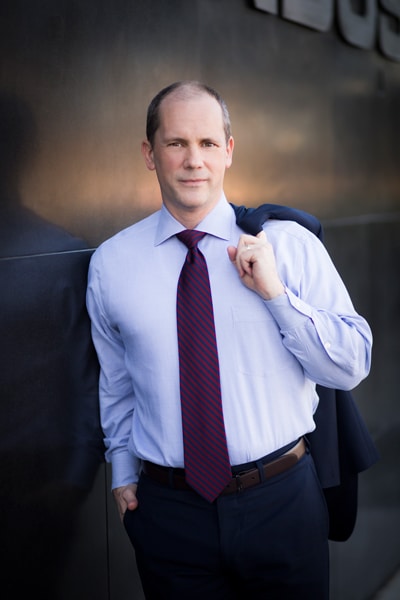Founded in 1933, Trinity Industries had grown impressively from two small propane tank companies into a diversified multibillion-dollar manufacturing business by the 2010s. But, there was a challenge with its business structure. Investors told top management that they had difficulty valuing the company due to its different lines of businesses.
In December 2017, Trinity sought to remedy that perception by separating into two independent public companies: Trinity, the larger business, would continue focusing on railcar manufacturing, leasing, and maintenance, and Arcosa, Inc. would focus on infrastructure-related products. The rationale was that the two entities could better and more logically align their strategic objectives and capital allocation with a tighter focus on their respective lines of business.
The complex transaction required executives who had worked together for years to agree on how to divide assets and staff so that both entities would be well positioned to succeed. Enter Jared Richardson, an experienced corporate attorney who worked through the details of the deal. The legal team’s efforts ensured a smooth allocation of resources and personnel for the two companies, and they found creative solutions for the continuing work of the business’s separated legal teams.

“The companies were very intertwined,” says Richardson, today vice president and secretary for Trinity. “Trinity had never operated as separate companies. The spinoff was all hands on deck, going all the way up to the board.”
At the time, Richardson was serving as general counsel of the rail group, and he was put into double duty, stepping into the corporate secretary role for Trinity as Arcosa was spun off. His day-to-day corporate activities included drafting and reviewing securities disclosure documents as he also worked on the spinoff and managed all of the rail group’s legal matters.
Among the first tasks to complete the transition was to help assign operational people for each entity. This was fairly straightforward: railcar personnel would stay with Trinity, and infrastructure specialists would go to Arcosa, for example. Much trickier was determining how to allocate resources for shared corporate services such as IT and human resources.
Additionally, in typical business negotiations, each side bargains according to self-interest, but this situation was a bit different. “We were negotiating with people we knew well and had good relationships with,” Richardson says. “Ultimately, we were trying to get both companies on solid footing. In some ways, that made for easier negotiating.”
Beyond divvying up personnel and assets, there were seemingly innumerable details that had to be addressed in the primary transaction documents. For example, the employee-matters agreement had to assign responsibility for benefits programs, determine employee seniority levels, and account for collective-bargaining agreements that were in place in certain facilities. There were also issues related to performance-based awards and employee-stock awards that had not yet vested that had to be resolved.
At the top, separating the companies also meant dividing the board between Trinity and Arcosa. As corporate secretary for Trinity, Richardson was intimately involved with recruiting three new directors, which became a fairly time-consuming process. Good candidates not only had to be the right fit in terms of experience and personality; they also had to be available when Trinity held board meetings, which was sometimes a deal-breaker. After the new directors were finally selected, it was critical to orient them quickly. “The onboarding process gets magnified in importance when you add three new people at once,” Richardson says.
One of the legal team’s key contributions during the process was to review Trinity’s legal structure and the legal challenges it would face during and after the spinoff. The legal department’s billing-tracking system had to be replicated for Arcosa, and copies of appropriate documents pertaining to ongoing litigation had to be moved to the new company. The legal team also had to determine how best to provide Arcosa’s lawyers with access to any Trinity-held documents they might need after the split, in future legal matters. “You have to preserve attorney-client privilege,” Richardson says. The solution was to have the information-governance group track and process such document requests. If a request is approved today, the documents are transmitted via a secure file-transfer system.
When the transaction was finally completed, on Nov. 1, 2018, Richardson was able to reflect on the lessons he learned from the potentially once-in-a-career event. “Attention to detail is critical,” he says. “There were hundreds—if not thousands—of tasks with a lot of steps dependent on other steps taken by other people.”
Also, he adds, agility is paramount. “You have to be able to turn on a dime from one task to the next and transition smoothly when something unexpected comes up,” he says.
Today, he focuses on various matters to help the new Trinity grow and thrive, including innovative financing arrangements for purchasing and leasing railcars. He has aided with the creation of special-purpose entities that borrow to buy railcars and use the revenue from leasing those cars to pay off the debt.
Such efforts will keep Trinity chugging along, and its more sharply honed industry focus has brought more clarity to its investors. Breaking up with Arcosa was hard to do, but in the end it has worked out well for both parties.

